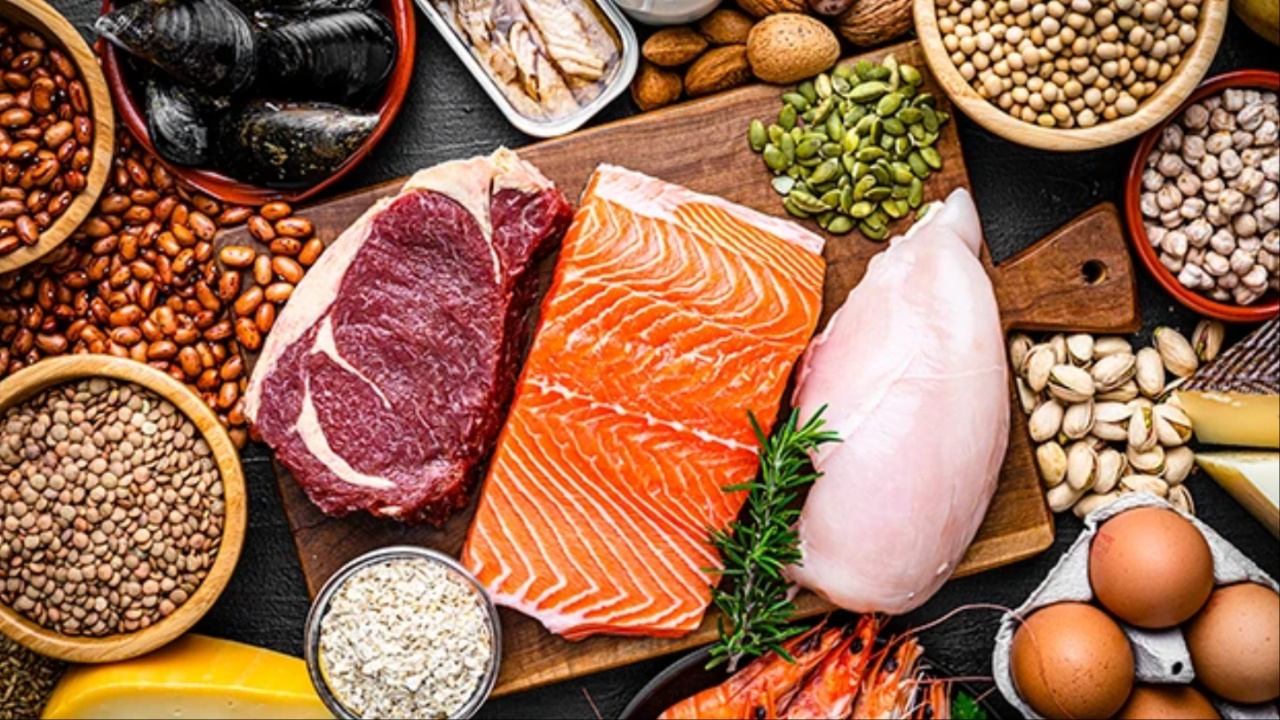The growing obsession with high-protein diets is prominently fueled by social media and its influencers, who promote various protein-rich recipes and eating plans. This trend has led many individuals to believe that they need to significantly increase their protein intake, often overlooking other crucial nutritional requirements. According to dietitians, this fixation on protein can distract from the broader spectrum of dietary needs necessary for overall health.
Dietitians emphasize the complexity of protein, stating that while it is essential for numerous bodily functions—such as cell growth and hormone production—most people already meet their protein requirements without needing to focus excessively on it. Federica Amati, a registered dietitian, points out that as long as caloric needs are being met, protein intake is likely sufficient. Registered dietitian Abbey Sharp reinforces this idea, noting that only specific populations, like the malnourished or older adults with reduced appetites, face protein deficiencies.

The recommended daily intake of protein varies, but it generally falls between 10% to 35% of total daily calories, with a more precise guideline of 0.8 to 1.2 grams of protein per kilogram of body weight. For instance, a person weighing 150 pounds should aim for around 54 to 82 grams of protein daily. Even the most active individuals often consume enough protein to meet their requirements through increased hunger. However, older adults may need higher protein intakes to maintain muscle and bone health, necessitating careful dietary planning.
While protein is vital, the dangers of excessive intake, particularly from animal sources, can pose significant health risks. Dietitian Abbey Sharp warns that high consumption of animal proteins, often accompanied by saturated fats, can lead to issues like kidney dysfunction, increased cancer risk, and heart disease. Notably, the harm associated with protein obsession often arises not from protein itself but from neglecting other important nutrients, particularly fiber.
Dietitians express concern that the focus on protein detracts from addressing common dietary deficiencies, notably fiber. The Dietary Guidelines recommend that adults consume a substantial amount of fiber daily—22 to 34 grams depending on gender—yet many fall short of this target, averaging only about 10 to 15 grams. Fiber plays a critical role in digestive health, weight management, and overall well-being, as it contributes to feelings of fullness and helps regulate cholesterol levels.
To improve fiber intake, dietitians recommend prioritizing whole, plant-based foods such as fruits, vegetables, legumes, and whole grains. For practical meal planning, they suggest structuring meals with half the plate dedicated to vegetables, a quarter to lean protein, and the final quarter to whole grains. Emphasizing high-fiber snacks, like fruits and nuts, can also aid in meeting fiber goals. Ultimately, the key is to adopt a balanced approach that includes a variety of nutrients rather than fixating solely on protein.
